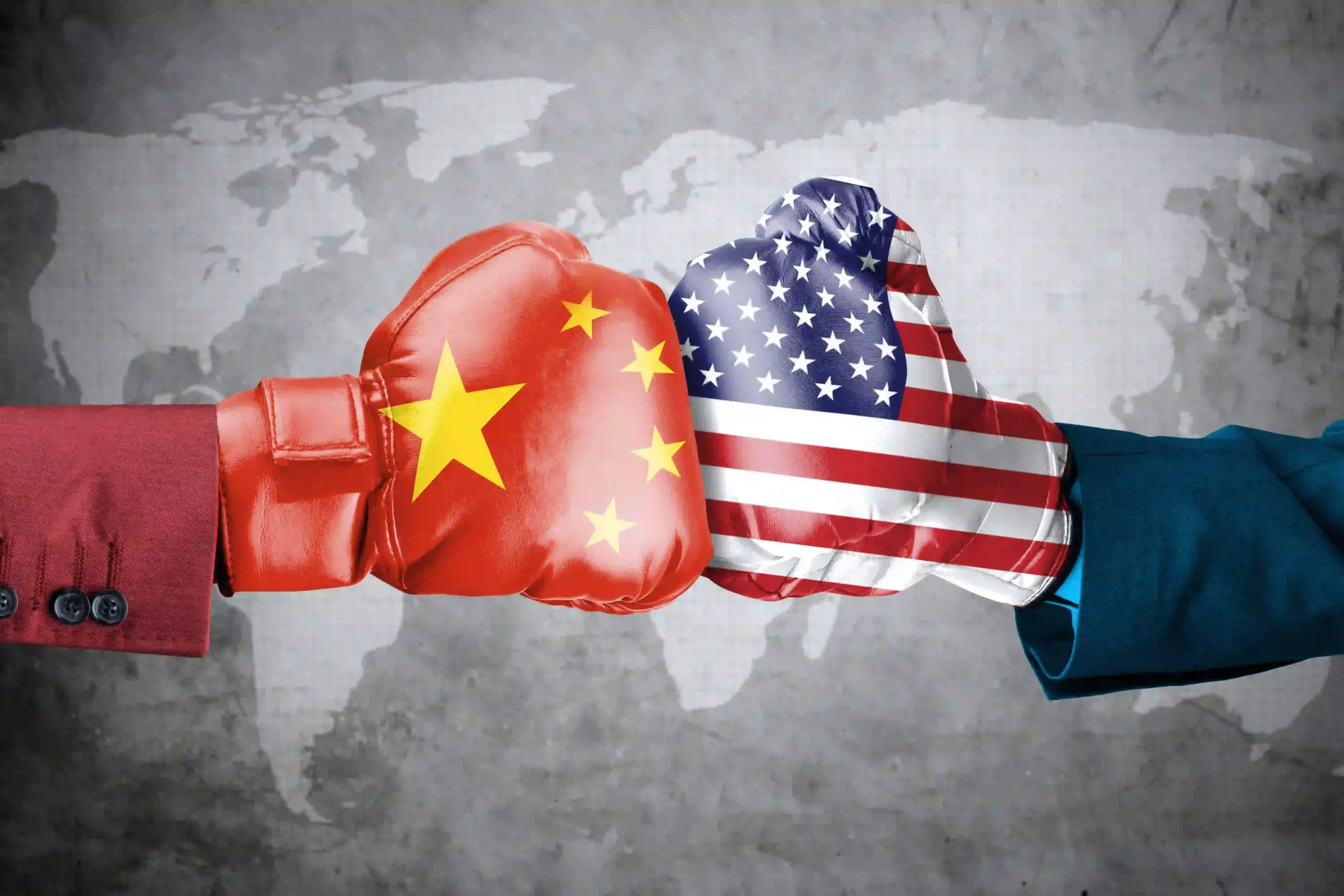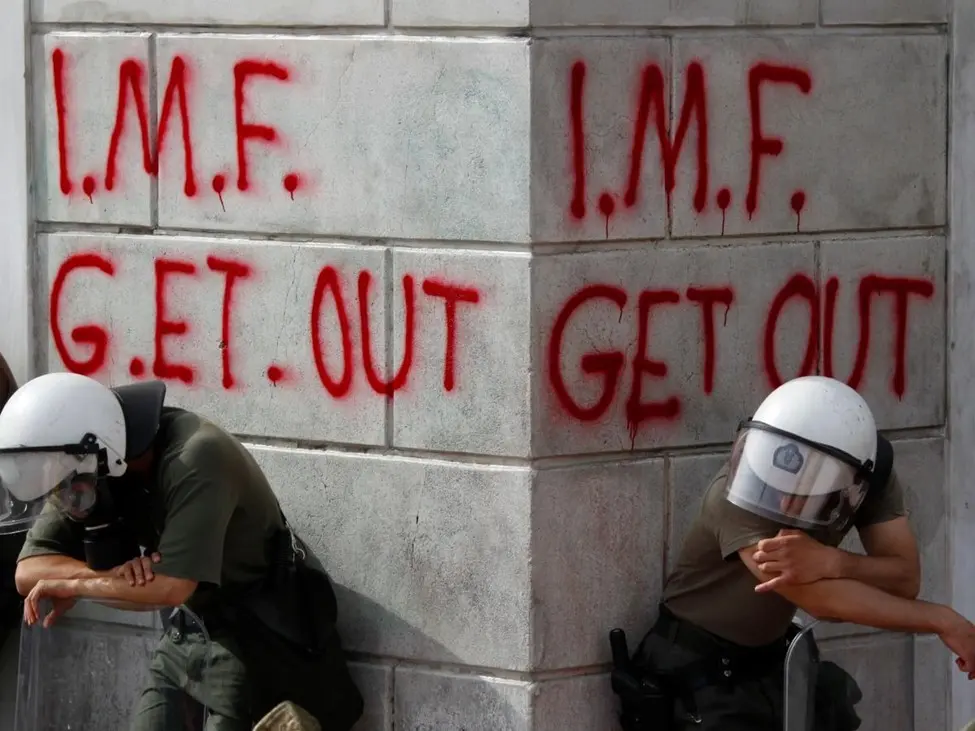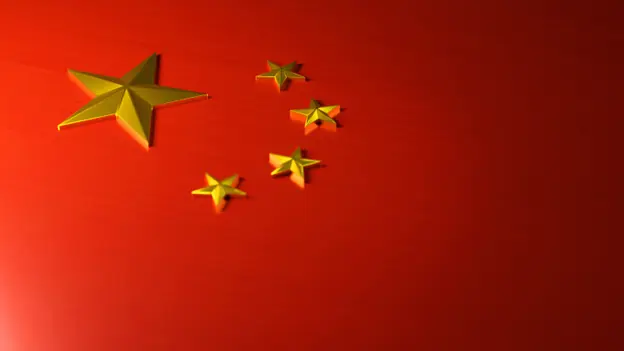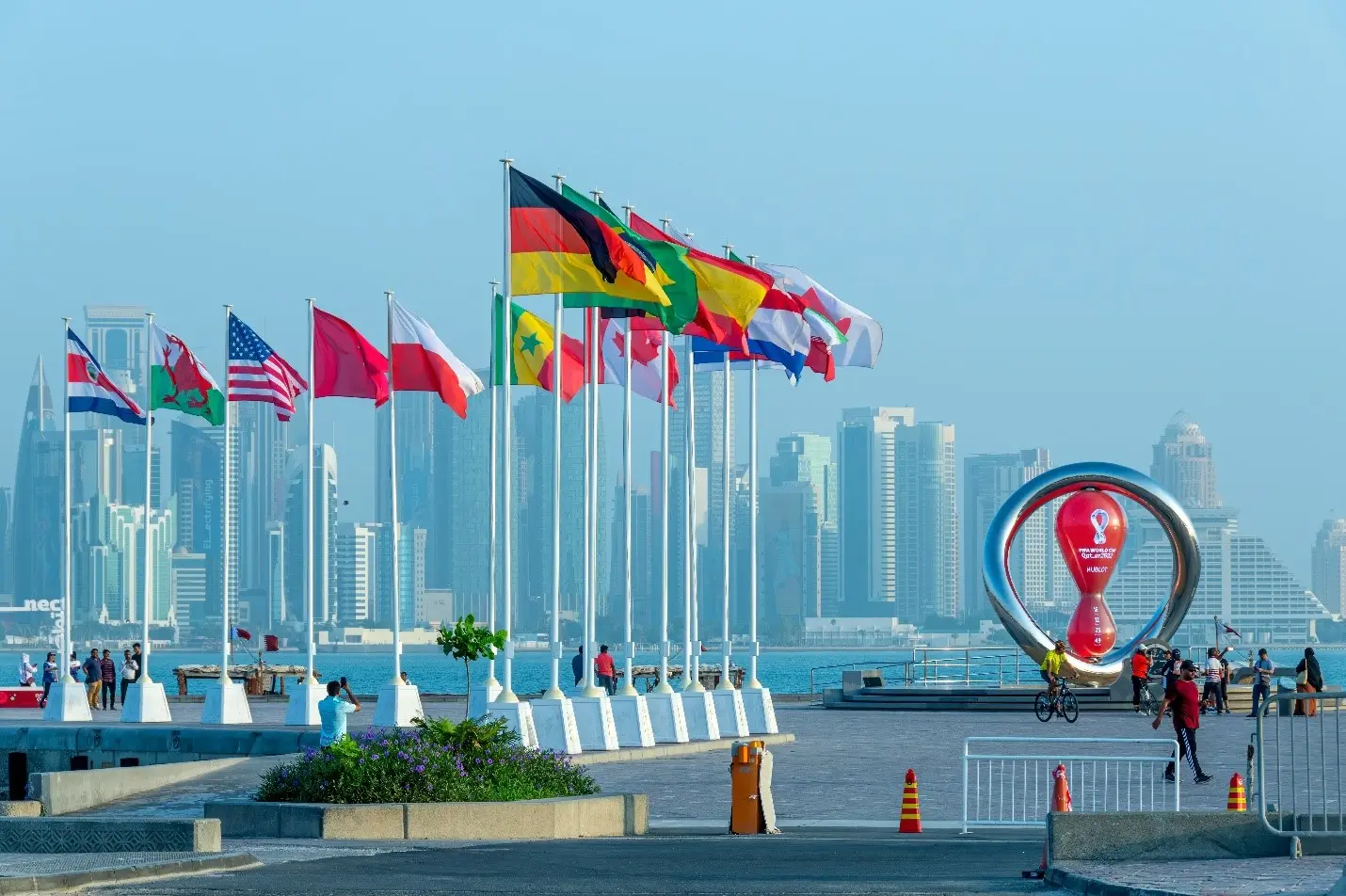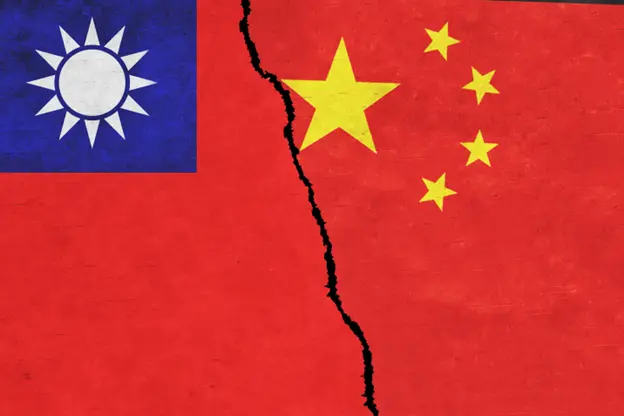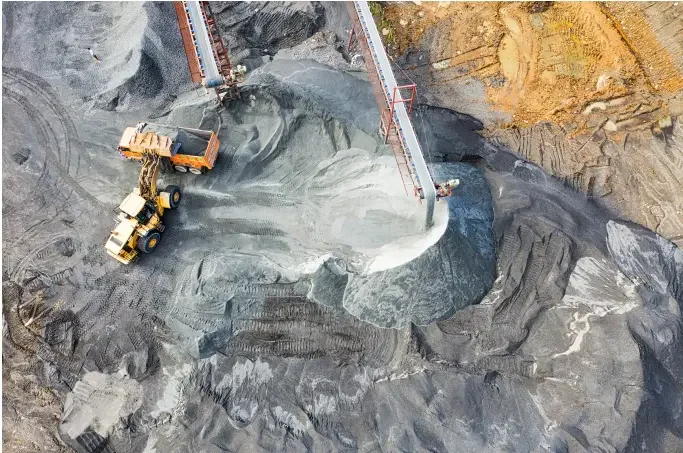22 Apr 2024
The War on TikTok: Security Concerns and Anti-Semitism
Social media has played a pivotal role in reshaping the narratives of the Palestinian-Israeli conflict since the outbreak of Oct. 7. The dissemination of news and information now extends far beyond traditional media outlets. Instead, social media platforms have emerged as potent influencers, surpassing the resonance of weapons and delineating a global divide between Israel and Palestine. These platforms have become arenas of contention, with users segregating into supporters and opponents, rendering them susceptible to content-related pressures amid the war. The war on Gaza has once again thrust TikTok into a heated discourse regarding the application's dangers and impact as a global forum for ordinary individuals to voice their opinions while also serving as a battleground for political factions to vie for narrative control. This debate assumes added significance as the audience of traditional news outlets continues to dwindle.
Recently, numerous TikTok videos concerning the war on Gaza garnered widespread attention, accompanied by pro-Palestinian hashtags, prompting Israeli President Isaac Herzog to engage in discussions with TikTok executives in February 2024. Expressing apprehension over the surge in antisemitic content on the platform since the onset of the Israeli war on Gaza, they assured President Herzog of their commitment to address the issue in the future. In a related context, social media companies based in the United States have already demonstrated a readiness to censor pro-Palestinian content. Human Rights Watch, in its December 2023 report, documented over 1,050 instances of content removal and suppression on Instagram and Facebook by Palestinians and their supporters between October and November 2023.
In this context, U.S. legislators, conservative activists, and technology investors have voiced calls to ban TikTok in the U.S., citing escalating concerns. These calls gained significant traction on March 13, 2024, when the U.S. House of Representatives overwhelmingly voted in favour of a bill. The bill places ByteDance, the parent company of TikTok, with two options, both fraught with implications: either sell the application to a U.S.-based company or confront a ban on distribution through significant platforms and application stores. President Joseph Biden voiced his backing for the bill and signalled his readiness to sign it into law pending Senate approval. However, the U.S. initiative this time brings forth broader concerns beyond national security, encompassing the application's ramifications on Israel's reputation. The country's standing has been damaged due to the swift dissemination of content depicting Israel's crimes against civilians in the Gaza Strip.
This analysis aims to elucidate the reasons behind the shift in the U.S. perspective on TikTok, moving from security concerns to the perception of promoting antisemitism. What repercussions would the embargo have on both the United States and Israel?
31 May 2023
Great Power Competition and Rebalancing Acts in the Middle East
Many analysts argue that Washington is losing its position as the only global hegemon with the rise of other Great Powers in the international arena. The relative demise of the American superpower paves the way for the end of an exceptional era of a Uni-Polar system and the rise of either a Bi-Polar or a Multi-Polar one. Arguments usually revolve around the rise of Russia and China as the main rivals to the United States. However, in this analysis, we argue that the Russian side is better to avoid being considered for such a competition for being involved in a hectic war which requires a sweeping victory for Moscow to compensate for heavy economic losses. China, on the other hand, is gaining momentum on the diplomatic and, to a lesser extent, the security front as new territories for Beijing ever to set foot on. Nevertheless, it is also the case that Washington is still maintaining its supremacy in major arms sales. The Middle East proved to be of paramount importance in the competition among great powers. With Beijing, Washington, and even Moscow trying to gain some influence, countries of the region have been shifting their foreign policies to be more independent to maximise benefits from the newly established world order. Accordingly, they are playing the rebalancing game which stipulates balancing powers mainly between the United States and China.
11 Apr 2023
Between Grain and AK-47s: Russian Influence in Africa
The Russian presence in Africa has recently increased after a decline of nearly three decades since the dissolution of the Soviet Union in the nineties of the last century. Russian-African relations are part of Russia's new strategy to enhance its international influence. This strategy conforms to Russia's situation in international affairs, including its support for countries that contradict Western policies. Moscow has focused its influence on the West African region, taking advantage of Western policy mistakes, the mounting anti-European sentiment, and the long-standing failure of international and domestic actors to address the root causes of the regional instability. The first Russian-African summit in Sochi in October 2019 concluded contracts with more than 30 African countries for the supply of weapons and military equipment. It thus opened the door for state-backed companies to invest heavily in the security and technology sectors and industries that extract natural resources such as oil, gas, gold and other minerals.
On the other hand, the Russian-Ukrainian conflict did not impede this rapprochement but rather contributed to developing the partnership between the two parties to take the form of a strategic alliance. This was apparent in the speeches and statements of President Vladimir Putin, the most prominent of which was the speech he delivered at the International Parliament Conference "Russia - Africa in a Multipolar World", which was held in Moscow in March of this year on the sidelines of Saint Petersburg preparations for the second coming Russian – African summit to be held in July 2023. Putin reiterated that cooperation between Moscow and African countries was and will always be one of the top fixed priorities of Russia's foreign policy, declaring Russia's fulfilment of all its obligations, including supply of food, fertilisers, fuel and other essential products to the countries of the continent, which helps ensure food and energy security.
In light of the ongoing Russian-Ukrainian conflict, this analysis aims to shed more light on the motivations and characteristics of the Russian strategy in Africa. It also seeks to highlight the challenges to Russian influence expansion as well as the prospects for Russian-African relations in the future.
10 Apr 2023
IMF Policies in Countries in Crises: Helping of Harming?
The world is probably facing one of the worst debt crises in decades. The disruption of global supply chains caused by Covid-19, which resulted in shortages of many items and higher prices, caused more pressure on the international balance of payments and led to this high-level debt crisis. The Russia Ukraine conflict added to these inflationary pressures, and the United States (US) Federal Reserve's move to raise interest rates to combat US inflation has driven the dollar's value to its highest level in twenty years. As a result, countries that borrowed money in dollars now have more expensive debt since their currencies are worth less, which drives up the price of their imports even more. Consequently, developing countries turned to the International Monetary Fund (IMF) for financial support as a result of all these factors in order to deal with their debt crises and economic instability. The IMF in its turn grants loans to countries subject to the adoption of a number of harsh and rigorous economic reforms. Because of its austerity policies and conditionality, the IMF has come criticized and the question of whether the countries in crises actually benefit or suffer harm from the IMF has been raised. To evaluate the success of IMF policies, examples of countries that have benefited from IMF policies need to be examined to answer this question.
4 Apr 2023
China: The Upcoming Hegemon
China has been considered as the main threat to the current world order maintained by Western powers. It became clear when the U.S. for the first time identified Beijing as its “number one challenge” and NATO members included the same country in its “strategic concept”. China has long advertised for itself as a trading partner for many countries with no political interests. For years, world leaders have accepted this propaganda created by the Chinese and perceived the Asian giant as only an economic competitor. However, it seems that Beijing has decided to break up with its old strategy of “hiding our capabilities”, known as taoguang yanghui (韬光养晦).
Lately, China has been engaging in diplomatic initiatives such as the peace plan aimed at ending the war in Ukraine as well as brokering the process of normalizing relations between Iran and Saudi Arabia, leading to Western apprehension from rising Chinese diplomatic power as they understand that altruism has no space in politics. Analysts have been trying to identify the new role to be played by Beijing relying on the concepts coined by William T.R. Fox which concludes that China is not a superpower but it is only a regional power for not being able to deploy military forces overseas. Nevertheless, we argue, contesting prevalent IR theories, that in the new world order, economic might could be enough weapons to extract global political influence. In other words, the contemporary definition of a superpower is different from the one coined by Fox.
29 Mar 2023
Sports Diplomacy: How Do Sports Events Enhance the Reputation of Countries?
The FIFA World Cup in 2022 in Qatar garnered more attention from the international community due to Qatar's ability to change perceptions of it as a nation capable of hosting the biggest sporting events. Many countries have recently sought to host international sports events in an effort to enhance their posture diplomatically, improve their reputation as well as shore up their position within the international community. To that end, “Sports Diplomacy” has been used to achieve understanding and peace among nations and promote the countries’ political and ideological goals. On the other hand, countries exploited sports as an approach aiming at asserting the superiority and strength of the state; for instance, the 1936 Olympic Games were held in Germany, and the 1934 FIFA World Cup was held in Mussolini’s Italy. In other cases, sports played a more constructive role in the 1990s, representing an opportunity for South Africa to surpass the apartheid era and look forward to a better future. For China, sports have played a role in introducing an open policy and a more influential economy.
A state’s reputation is one of the key factors affecting its international relations, as it reflects its global image, influencing its recognition and interaction with other countries. With sports diplomacy, states could carry out several interests, such as boosting diplomatic ties with other states, raising the degree of understanding and cooperation among people and governments, and improving the state's public image globally. In other words, sports diplomacy is an effective tool for attaining diplomatic goals and promoting the state’s reputation worldwide. This analysis seeks to shed more light on the link between sports diplomacy and the state’s reputation and how the state’s stance in the international community is enhanced by sports diplomacy.
7 Mar 2023
Ramifications for the Global Economy in the Case of a China-Taiwan Conflict?
China believes that Taiwan is an inalienable part of China and that Taiwan is part of its territory and routinely threatens to invade it to prevent Taiwan's formal independence. On Saturday 18th of February 2023, China's top diplomat Wang Yi said, at the Munich International Security Conference: "Taiwan has never been an independent country, nor will it be an independent country in the future. This is the status quo of the Taiwan issue”. As greater and more aggressive Chinese military exercises outside Taiwan become the norm, there are rising concerns of a full-blown cross-strait crisis with severe military and far-reaching economic repercussions for the global and Chinese economy. A China-Taiwan conflict will have a worse effect than the Russia-Ukraine war given the economic and industrial power that the two countries possess.
28 Feb 2023
China’s Zero-Covid Policy: Impact on the Chinese Economy
During the initial outbreak of Covid-19 in 2019, China stunned the international community by confining more than 11 million inhabitants of Wuhan to their homes. Since then, China has maintained the same practises, including them into its Zero-Covid policy. Border controls and lockdowns on the coronavirus have disrupted supply chains and slowed the flow of trade and investment, causing China’s economy to slow down. China has adhered to its zero-tolerance approach to the virus for nearly three years, despite the fact that this policy has caused immense economic harm and public dissatisfaction. Therefore, it is important to shed light on the effects of the Zero-Covid policy on the Chinese economy and the measures that need to be undertook by the government after its abandonment of the policy to revive its economy.
20 Feb 2023
Return of Protectionism: The US War on Globalization
Following the First and Second World Wars, the world order was founded on open international trade to ensure peace and security. Where the major powers realized that the two world wars occurred as a result of international competition over resources and markets, and therefore the Bretton Woods system came intending to establish a stable international monetary system that encourages global economic cooperation. Its main objective is to avoid the destabilising effects and competitive devaluations of currencies that were used in the period between and before the two world wars, to provide a framework for the free international exchange of goods and services, and to promote economic growth and stability in the long term.
15 Feb 2023
Rare Earth Elements: Uses and Implications of New Discoveries
Rare earth elements (REEs) are a group of 17 elements that are crucial for the production of a wide range of high-tech products. Ironically, REEs are not “rare” and are found abundantly throughout the world, however, when found they are in such low concentrations that extraction is not feasible. Furthermore, when found in higher concentrations they must be separated from other elements, a process that is both environmentally and financially costly.
REEs are vital for several industries and are used in electronics, military technology, and most importantly, renewable energy. Although substitutes exist for REEs with producers attempting to replace them, REEs continue to be more effective, therefore, given their importance in the production of renewable technologies such as wind turbines and electric vehicles, demand is expected to increase, with the European Union (EU) alone expecting REEs needs to increase fivefold as it and the rest of the world transitions to net-zero.
Currently, China dominates the global REEs market, accounting for over 35% of the world’s REEs reserves and 70% of production. China's domination of the REEs market has raised concerns over supply chain security, dependence on China, and China’s use of REEs as a political bargaining piece; such as when it cut exports to Japan following the arrest of a Chinese sailor by Japan. Recently, discoveries of REE deposits in Norway and Sweden have made headlines. The discoveries could have the potential to disrupt the market and have far-reaching implications.

